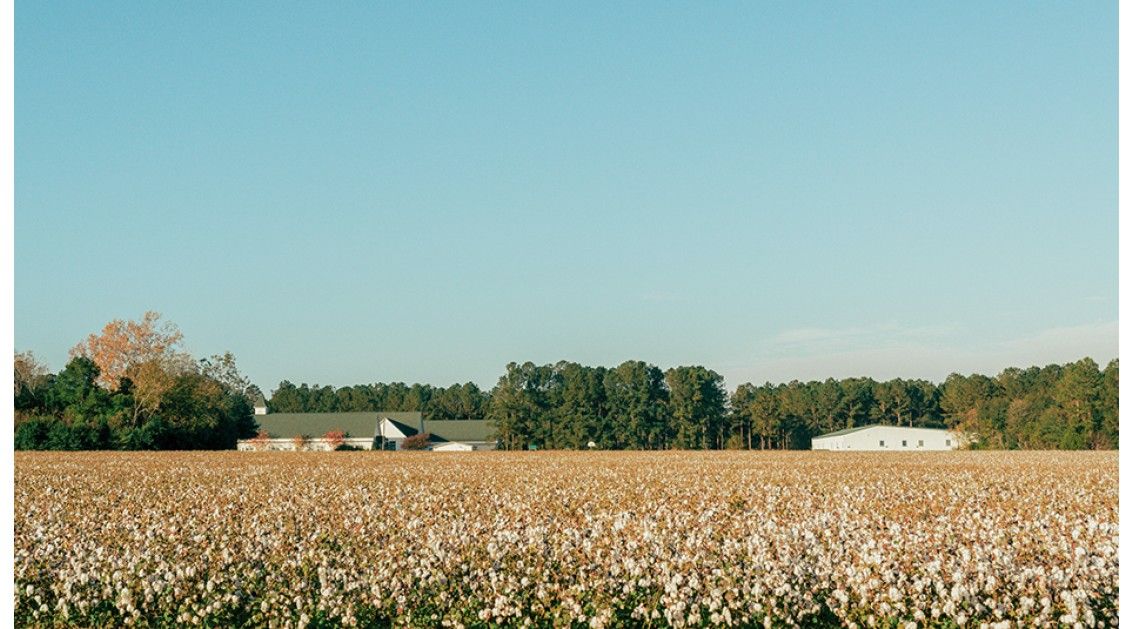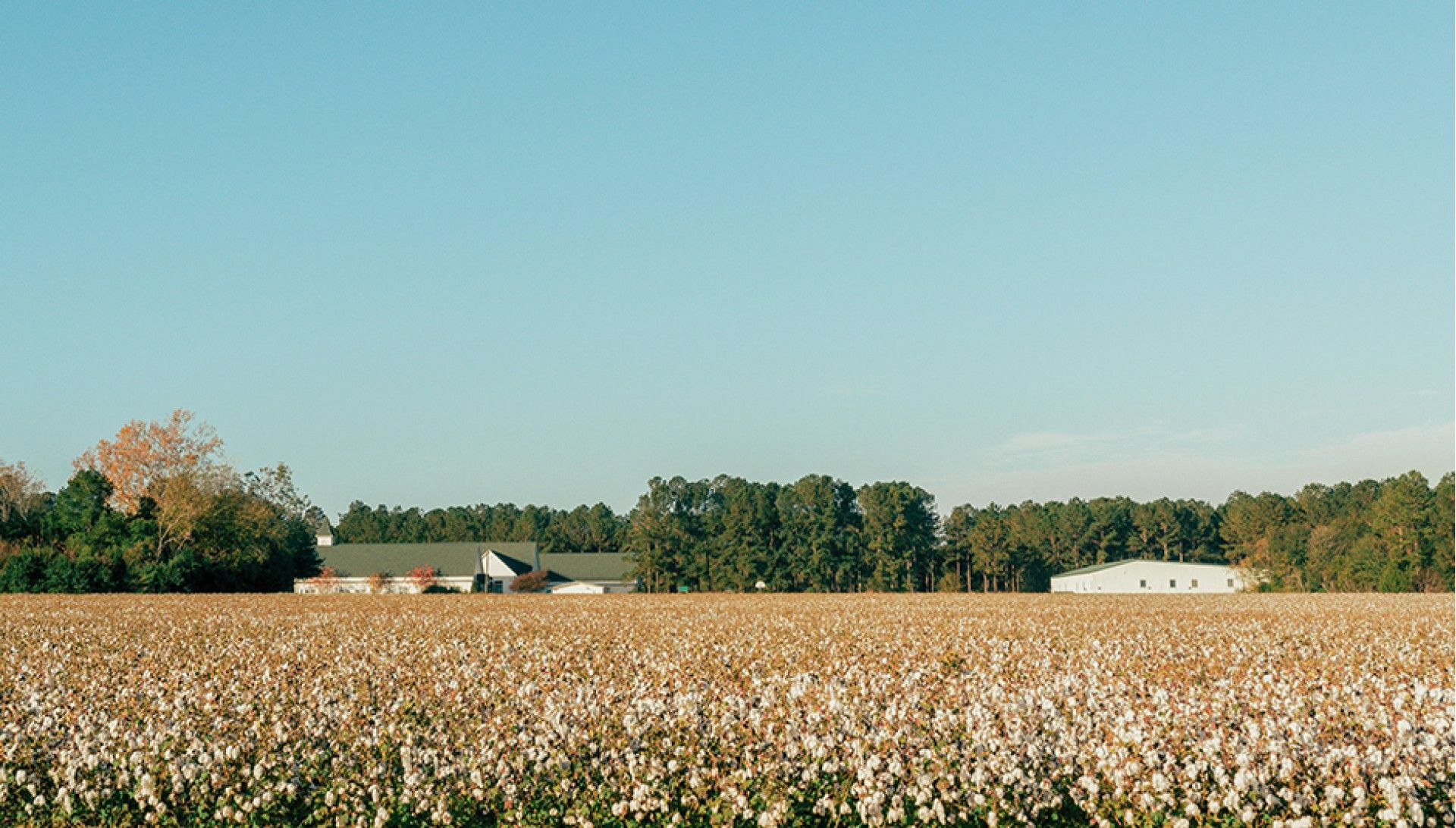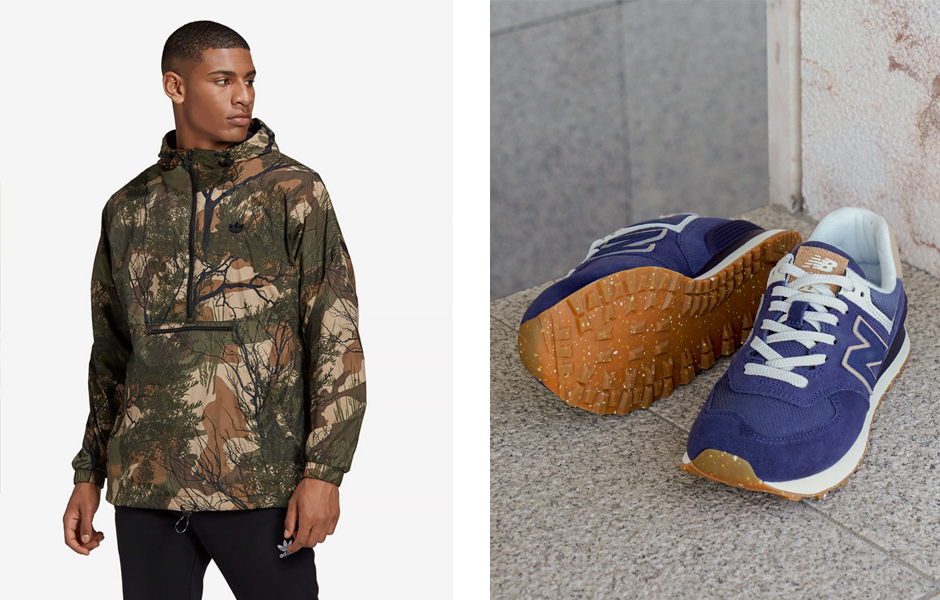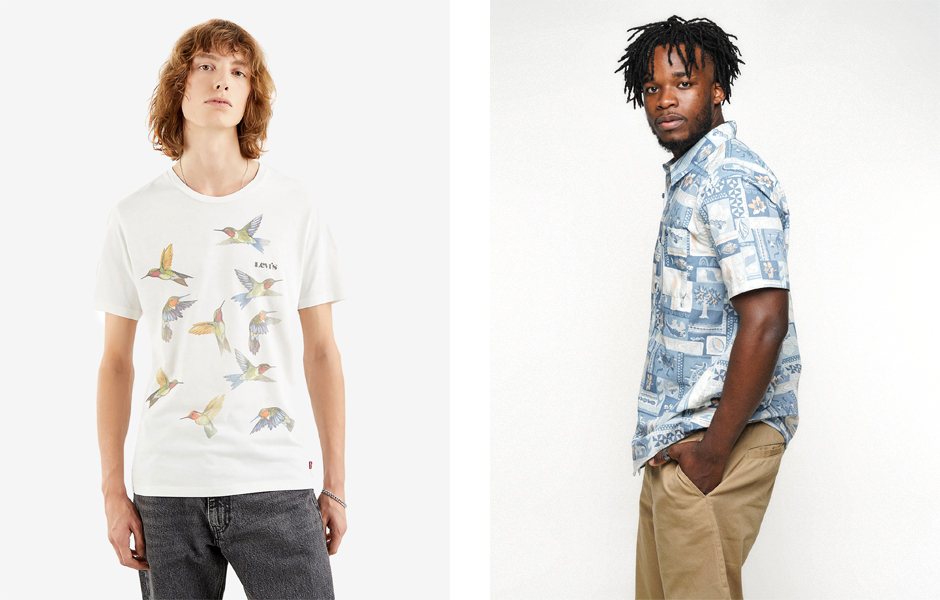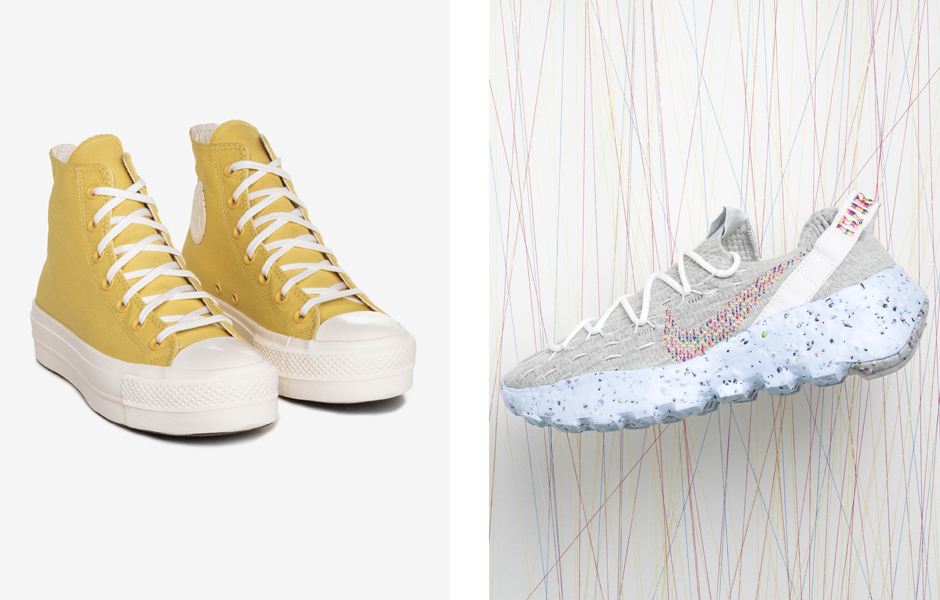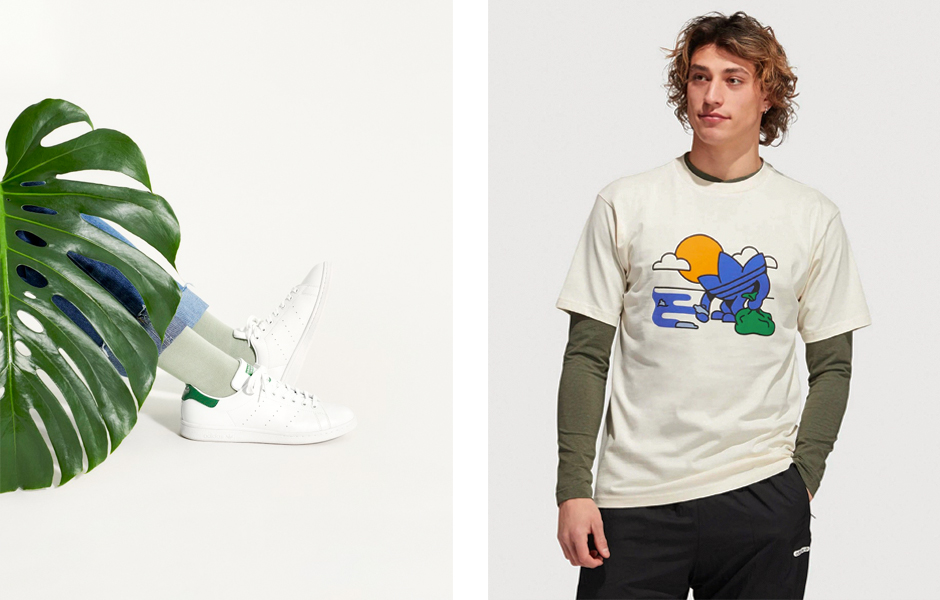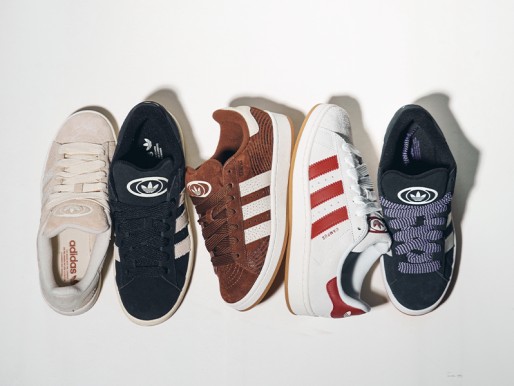This isn't the first time we've told you about sustainability. In fact, over the last few months we've been introducing the topic as we've been telling you more about the brands you love. However, as today is the world day of nature conservation, we thought it was important to remember the BZR brands that have sustainable commitments.
World nature conservation day was created by the United Nations General Assembly to draw attention to the protection of biodiversity and terrestrial and marine ecosystems. This may seem a far cry from the world of fashion and sport, but the truth is that everything is interconnected. The accessories brand CHPO can tell you that. In addition to using recycled materials, the Swedish brand works in collaboration with an organisation that raises funds for the protection of dolphins and whales.
Still related to the sea, one of the biggest conservation concerns is the excess of plastic that contaminates both the water and the land. Unfortunately, it is no longer strange to see pictures of beaches full of rubbish, particularly with plastic. In this department, many shoe brands have intervened, integrating this material in their manufacture, in order to reuse it.
According to Público newspaper, nine out of ten Portugueses prefer sustainable products and brands. It can be said that being sustainable or eco-friendly is a current trend. From our point of view, we hope it is more than that and that it means this mentality is here to stay. At least, that's what we've noticed with most of the brands we work with at BZR- Street Style Culture.
Being sustainable, besides helping to define a better future for our planet, also allows the conservation of nature. But how can we be sustainable? There are various ways. You can start by recycling, using renewable materials, reducing water waste, reducing plastic consumption, increasing the longevity of our material goods, among other actions.
There are brands that do all of the above, others that only do part of it. However, it is interesting to realise that practically all are following this path, even if they are at different stages, giving rise to sustainable fashion. One of these brands is Levi's, which has very concrete goals when it comes to the environment. Assumedly aware that the clothing industry has a negative impact on nature, the brand bets on quality pieces so that the consumer has to buy less. In addition to this, it has a second-hand shop, to increase the longevity of what it produces.
In the same line of thought we have Patagonia. If everything that is produced has implications on nature, it makes sense that these products are used for longer, thus justifying their manufacturing. When consuming fast-fashion, we tend to discard clothes season after season. If we all do that, can you imagine the amount of clothing that ends up in landfills every year? Patagonia aims toprotect and save our planet, and their sustainability programme has been in place since the day the company was established.
Most brands have recycling as their main measure when it comes to sustainability. Nike provides a lot of information on the topic and sets concrete goals by 2025. In doing so, it expects consumers to challenge it and hold it accountable if it misses the target. Some of these goals are to eliminate single-use plastic in its outlets and to reuse this material in order to prevent it from going to landfills.
Converse, meanwhile, belonging to the same group, launched the Renew collection in 2019 which uses recycling plastic, denim and cotton in the manufacturing of the sneakers we love so much. Both are part of the Better Cotton Initiative programme.
Levi's, Nike and Adidas have all been part of the Better Cotton Initiative (BCI) since the organisation's inception. Since 2012, also Carhartt WIP, New Balance, Puma and VF Corporation - owner of Dickies, Eastpack, The North Face and Vans- have joined the initiative. As the name suggests, the non-profit group ensures the best standards of cotton farming and manufacturing in more than 21 countries. Member brands are required to follow certain standards in order to be considered members.
And why is cotton farming so relevant? As most products made by the clothing industry use this raw material, its manufacture is extremely important. BCI member brands minimise the negative impact of crop protection, promote better water management, care for soil health, increase biodiversity, use the land responsibly, preserve the quality of the cotton fibre, and ensure better working conditions for their collaborators.
As we had already told you, Adidas is one of the founding brands of BCI. In addition to investing in crop rotation and reducing the use of pesticides, the brand also promotes the collection of plastic from beaches, together with Parley for The Oceans. We don't know if you've noticed, but we end exactly where we began, as if it is a cycle, thus showing that all our actions are interconnected. The same happens with nature. We are a symbiotic environment, where our actions influence something that will influence us in the future.
Our approach to this subject was very brief and light. Throughout this post we were leaving you links where you can learn more about each of the brands we mentioned. Investigate more, get informed, make conscious decisions and help our planet. After all, this is our home and you also have a role to play.

